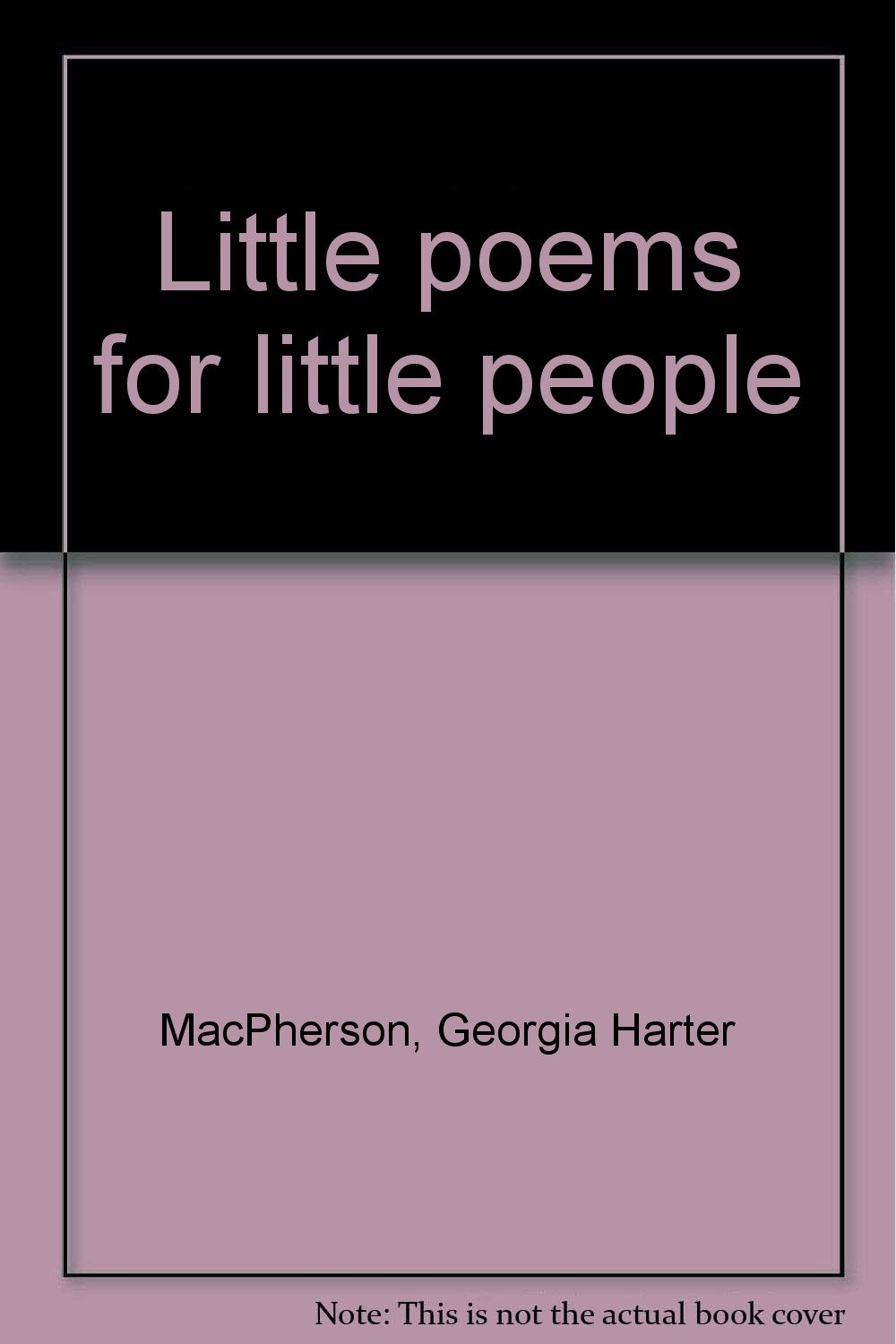According to UNESCO, today is World Poetry Day.
COMMUNION
Column and cornice and altar and niche,
My temple has crumbled away.
What once was sacred ground now lies
Exposed to the glare of the day.
My saints have fallen. I stumble upon
The fragment of a cross,
And heavily upon me rest
Doubt and infinite loss.
Then with the evening’s touch I know
I am alone no more,
For into the ruin God has come,
Who never came before.
(From Then Comes Song, 1939)
 Georgia Harter MacPherson was born on this date (April 25) in 1899 in Michigan, and she and her mother (Carrie Harter MacPherson) and father (Edgar Macpherson, a skilled factory worker) moved to Springfield early in the century. Georgia graduated from Wittenberg in 1921, a member of Euterpian Society and author of the class pageant that launched the festivities that culminated in Rees Tuloss’s inauguration on Nov. 26, 1920. The pageant required 160 participants, and Georgia wrote its “score” in rhyme, an elaborate piece that celebrated moments in Wittenberg’s history from “Dr. Keller’s Call to Service in the West” through the recent world war. A recurring theme in the pageant is the presence of “Sacrifice.”
Georgia Harter MacPherson was born on this date (April 25) in 1899 in Michigan, and she and her mother (Carrie Harter MacPherson) and father (Edgar Macpherson, a skilled factory worker) moved to Springfield early in the century. Georgia graduated from Wittenberg in 1921, a member of Euterpian Society and author of the class pageant that launched the festivities that culminated in Rees Tuloss’s inauguration on Nov. 26, 1920. The pageant required 160 participants, and Georgia wrote its “score” in rhyme, an elaborate piece that celebrated moments in Wittenberg’s history from “Dr. Keller’s Call to Service in the West” through the recent world war. A recurring theme in the pageant is the presence of “Sacrifice.”
Georgia joined the Wittenberg faculty in 1922, teaching French, and later English, until 1967. In her faculty photos there always is something in her look, a promise of some mischief, as if she knows something we do not.
In 1930 she and Theodore P. Gianakoulis published Fairy Tales of Modern Greece, with drawings by Henriette Reiss Gianakoulis. Georgia produced five small volumes of poetry over the coming decades: Then Comes Song (1939), Little Poems for Little People (1948), Carrousel (1966), Where the Heart would Go (1978), and Laughing at Eighty (1981).
She retired in 1967. At Oakwood Village and Villa Springfield she was known as “the resident poet.” She died at age 95 and is buried in Ferncliff Cemetery.
I sit on the shore of evening.
The fires of day are done.
I let my little ambitions
Like sand through my fingers run.
As night draws her scarfs about her
And sets one star at her door,
I sing with the voice of the silence,
“I have loved. There is nothing more.”
(From Then Comes Song, 1939)
About The Project
With Wittenberg now celebrating its 175th year, and the University unable to hold regular in-person classes as a result of the COVID-19 pandemic, Professor of History Thomas T. Taylor has started circulating several pieces on Wittenberg's history. Some originated in earlier series, either This Month in Wittenberg History or Happy Birthday Wittenberg. Others have their origin in the Wittenberg History Project or in some other, miscellaneous project. Sincerest thanks to Professor Taylor for connecting alumni, faculty, staff, and students through a historic lens.

